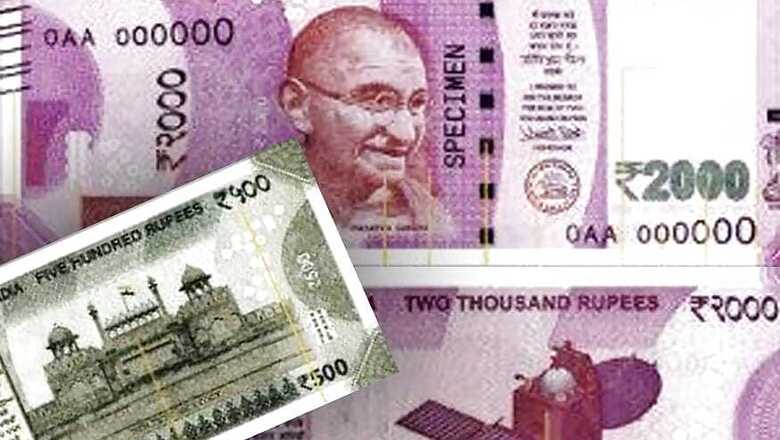
views
As environmental impact, counterfeiting and other issues plague the paper currency, many countries have opted for polymer or plastic notes. Here’s a look:
(1) Plastic notes were first issued by Australia in 1988 and the country now plans to issue a new series of notes starting with AUS dollar 5 bills.
(2) At least 20 countries, including Canada, Fiji, Australia, Mauritius, New Zealand, Papua New Guinea, Romania, Vietnam and Britain, have been using the polymer currency.
(3) According to a Bank of Canada study in 2011, a polymer note assures 32 percent reduction in global warming and 30 percent reduction in energy demand compared to paper notes.
(4) An IMF report says the plastic currency provides a wide range of benefits, including security features and durability, apart from being environment-friendly.
(5) With signatories ratifying the Paris Agreement on climate change, more and countries are striving to adopt polymer notes. Recently, the Bank of England, after a three-year study, launched a polymer £5 note in September 2016.
















Comments
0 comment